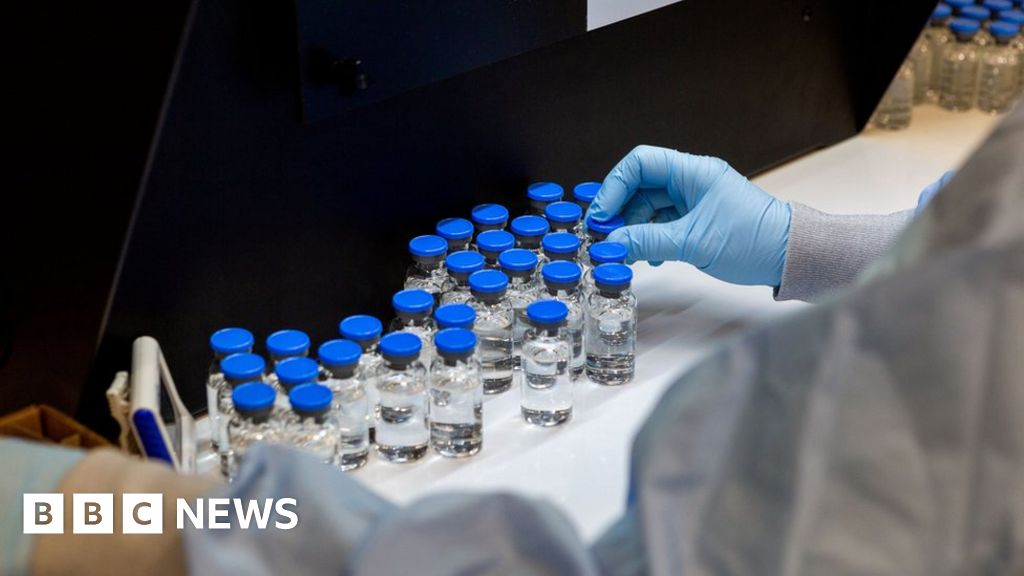1 min
What's Happening with the Measles Outbreak?
Fear rises in the hearts of Americans as news of the measles outbreak has surfaced across media platforms. The entrance of the measles vaccine in 1963, enabled the US to eradicate measles by 2000. Due to international contact with those who have not eliminated measles caused it to resurface in 2018. The following year saw 764 cases making it the highest number of cases in 25 years. This year the measles outbreak has reached the news again with reports of 14 outbreaks and 977 of the 1,088 cases caused by the outbreaks. The year prior to 2025 saw 16 outbreak reports, but fewer cases. So far 2025 has experienced three deaths (two children and one adult) due to measles. Children and teens under 20 make up 67% of the cases and 96% of infections are found in those who have not been vaccinated, or their vaccination status is unknown. Dr. Zach Jenkins, professor of pharmacy practice and director of advanced pharmacy practice experiences of at Cedarville University. To schedule an interview, email Mark D. Weinstein, executive director of public relations at Cedarville University at mweinstein@cedarville.edu or click on his icon.









